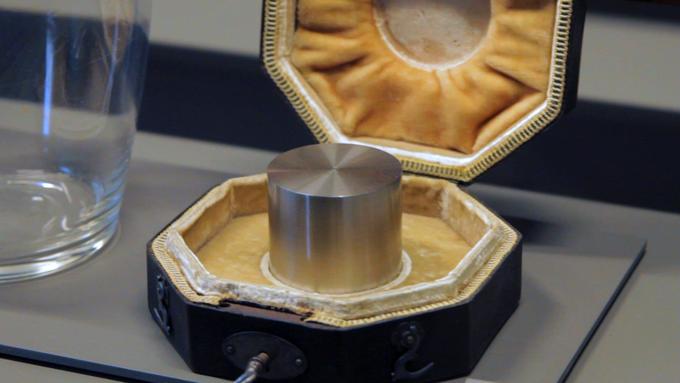The bulk of the work is researching—collecting stories, anecdotes, and data to marshal your argument. The writing is stringing those pieces together.
The strategies that have helped me write 10 books in 10 years
⬇︎⬇︎⬇︎
The bulk of the work is researching—collecting stories, anecdotes, and data to marshal your argument. The writing is stringing those pieces together.
You don’t “find the book as you write.” You have to do the hard work of solving the problem first. You have to figure out the best route, too.
Turn all your bad experiences, your struggles, your pain, your mistakes into material. The obstacle is the way / antifragile…
“To have something to say,” Schopenhauer said, “by itself is virtually a sufficient condition for good style.”
I turn in a book proposal for my next book before my latest one comes out. When I have a commitment that I know I have to meet, Resistance doesn’t have the time or space to creep in. Meet deadline or death.
Success requires greater investment in the creative process. Pay for professional help. There’s that saying: if you think pros are expensive, try hiring an amateur.
I can’t tell you how many times I’ve thought of a great line or solved an intractable writing problem while running or swimming.
Thucydides had Herodotus. Gibbon had Thucydides. Shelby Foote had Gibbon. Every playwright since Shakespeare has had Shakespeare. Everyone has a master to learn from. (For me it’s been @robertgreene)
More from Culture
One of the authors of the Policy Exchange report on academic free speech thinks it is "ridiculous" to expect him to accurately portray an incident at Cardiff University in his study, both in the reporting and in a question put to a student sample.
Here is the incident Kaufmann incorporated into his study, as told by a Cardiff professor who was there. As you can see, the incident involved the university intervening to *uphold* free speech principles:
Here is the first mention of the Greer at Cardiff incident in Kaufmann's report. It refers to the "concrete case" of the "no-platforming of Germaine Greer". Any reasonable reader would assume that refers to an incident of no-platforming instead of its opposite.

Here is the next mention of Greer in the report. The text asks whether the University "should have overruled protestors" and "stepped in...and guaranteed Greer the right to speak". Again the strong implication is that this did not happen and Greer was "no platformed".

The authors could easily have added a footnote at this point explaining what actually happened in Cardiff. They did not.
This is ridiculous. Students were asked for their views on this example and several others. The study findings and conclusions were about student responses not the substance of each case. Could\u2019ve used hypotheticals. The responses not the cases were the basis of the conclusions.
— Eric Kaufmann (@epkaufm) February 17, 2021
Here is the incident Kaufmann incorporated into his study, as told by a Cardiff professor who was there. As you can see, the incident involved the university intervening to *uphold* free speech principles:
The UK govt\u2019s paper on free speech in Unis (with implications for Wales) is getting a lot of attention.
— Richard Wyn Jones (@RWynJones) February 16, 2021
Worth noting then that an important part of the evidence-base on which it rests relates to (demonstrably false) claims about my own institution
1/https://t.co/buoGE7ocG7
Here is the first mention of the Greer at Cardiff incident in Kaufmann's report. It refers to the "concrete case" of the "no-platforming of Germaine Greer". Any reasonable reader would assume that refers to an incident of no-platforming instead of its opposite.

Here is the next mention of Greer in the report. The text asks whether the University "should have overruled protestors" and "stepped in...and guaranteed Greer the right to speak". Again the strong implication is that this did not happen and Greer was "no platformed".

The authors could easily have added a footnote at this point explaining what actually happened in Cardiff. They did not.














